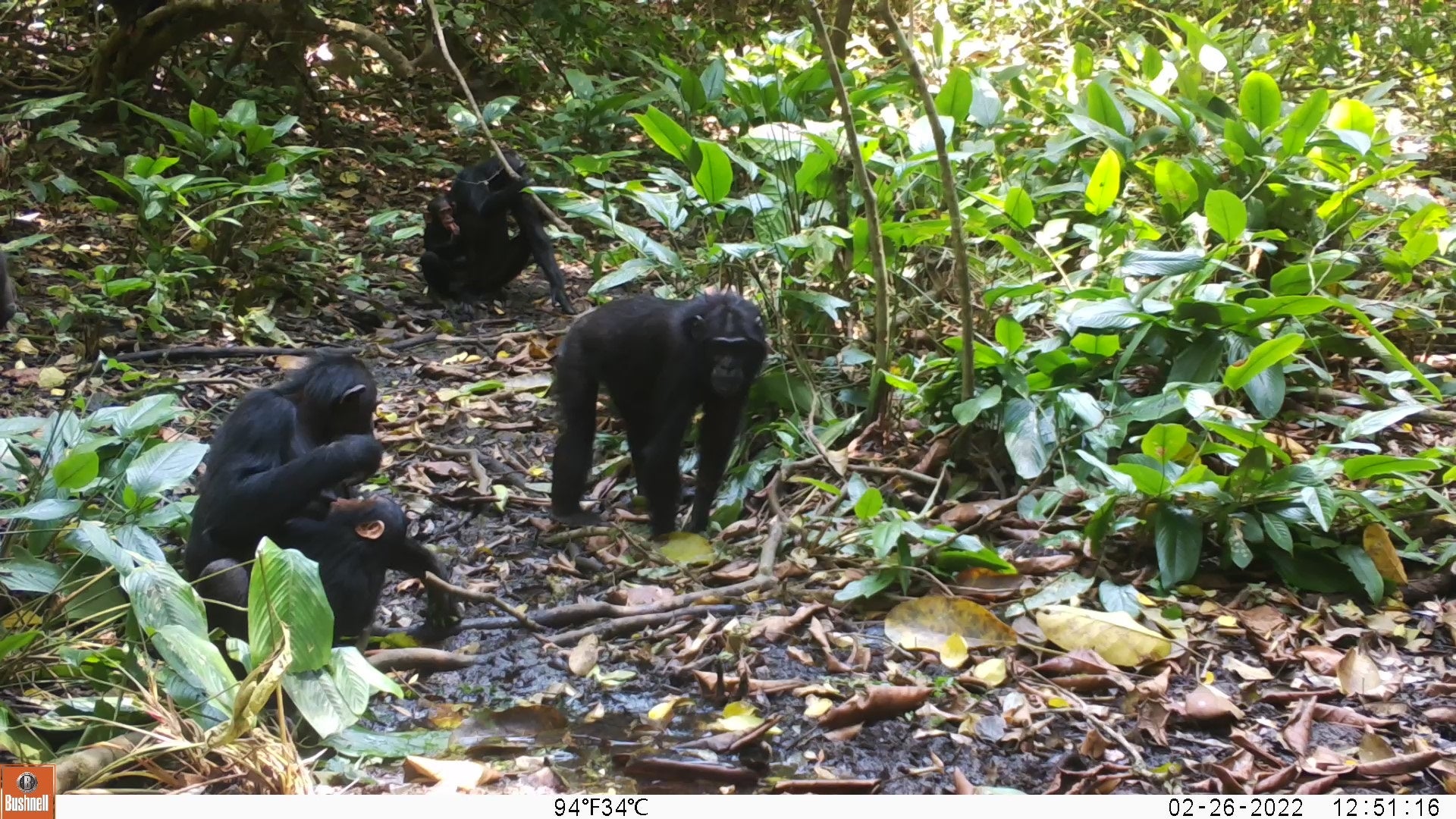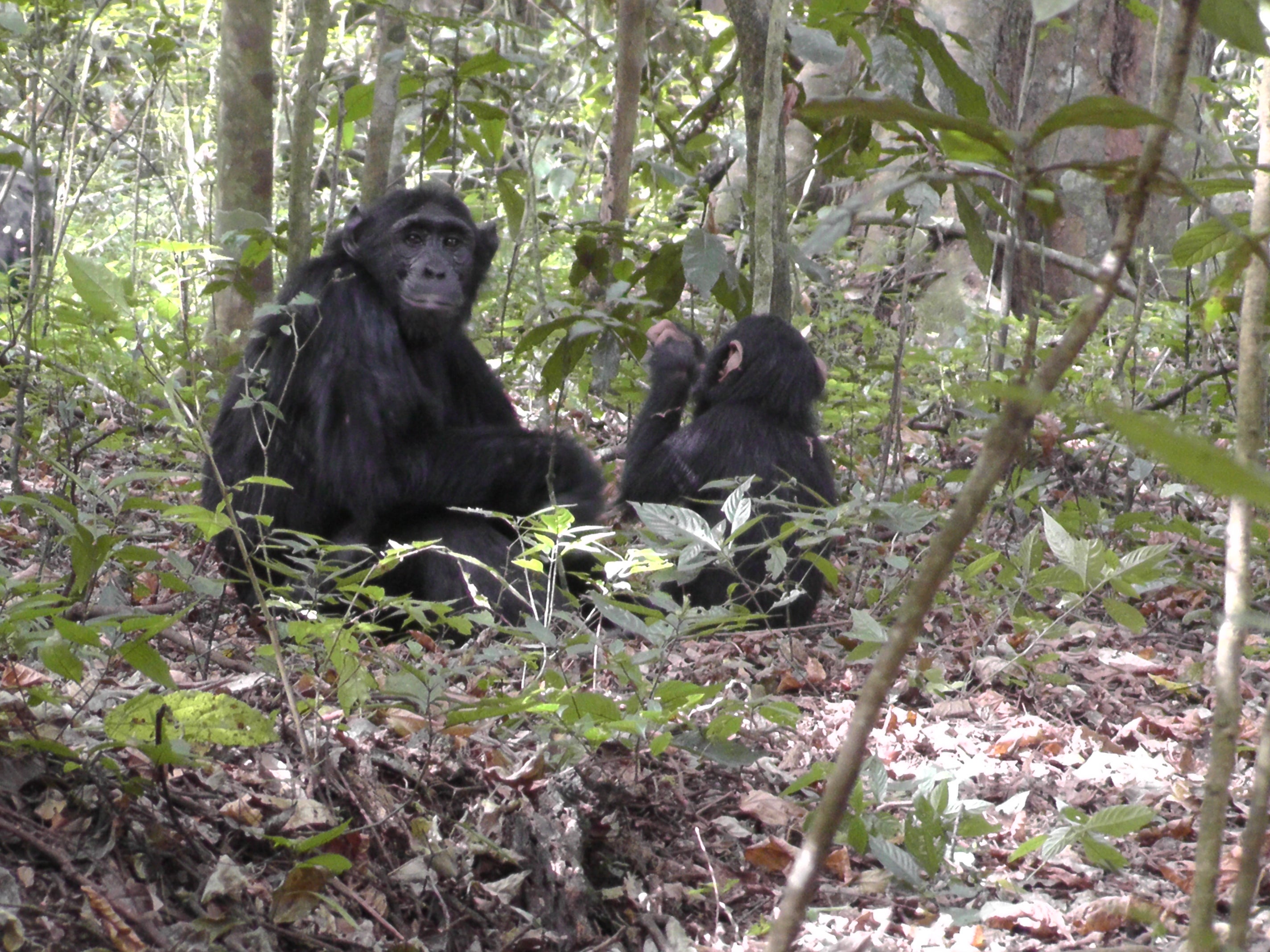Rainforest chimpanzees are digging wells ‘after learning from an immigrant ape’
It is the first time the behaviour has been observed in rainforest chimpanzees

Your support helps us to tell the story
From reproductive rights to climate change to Big Tech, The Independent is on the ground when the story is developing. Whether it's investigating the financials of Elon Musk's pro-Trump PAC or producing our latest documentary, 'The A Word', which shines a light on the American women fighting for reproductive rights, we know how important it is to parse out the facts from the messaging.
At such a critical moment in US history, we need reporters on the ground. Your donation allows us to keep sending journalists to speak to both sides of the story.
The Independent is trusted by Americans across the entire political spectrum. And unlike many other quality news outlets, we choose not to lock Americans out of our reporting and analysis with paywalls. We believe quality journalism should be available to everyone, paid for by those who can afford it.
Your support makes all the difference.Rainforest chimpanzees are digging wells for cleaner water after apparently learning the skill from an immigrant female chimpanzee.
Research by the University of Kent and the University of St Andrews found that apes in the Waibira community of East African chimpanzees in Uganda started digging small wells to access or filter drinking water – a rare behaviour in the animal kingdom.
It is the first time well-digging has been observed in rainforest chimpanzees, and the behaviour is believed to have been introduced to the community by an immigrant female named Onyofi who arrived in 2015.
Onyofi, who is believed to have grown up in a well-digging community, demonstrated the skills to the chimpanzee, and the Waibira’s adult females were observed following her example. No adult males were seen digging wells, despite using them for water.
Onyofi’s well-digging attracted a lot of attention from the other chimpanzees in the group, and she was carefully watched both by young chimps and other adults.
The chimpanzees drank from the wells directly or used chewed up leaves or moss as receptacles.

With increasing change in the climate, behavioural adaptations to changes in rainfall may allow groups like Waibira to continue to thrive even when their local habitat starts to change.
The research published by Primates was led by PHD student Hella Peter alongside Dr Catherine Hobaiter and Professor Klaus Zuberbuhler.
Ms Peter said: “Well digging is usually done to access water in very dry habitats – in chimpanzees, we only know about three savannah living groups who do so.
“What we’ve seen in Waibira is a bit different from those groups. First, they live in a rainforest, so most people assume getting water shouldn’t be a challenge – but it looks like the yearly few months of dry season is enough to cause some trouble for them.
“What’s also interesting is that the wells all appear next to open water, so the purpose of them is likely filtering, not reaching the water – the chimpanzees might get cleaner or differently flavoured water from a well, which is fascinating.’
Dr Hobaiter added: “One of the most interesting things was seeing the other chimpanzees’ responses to Onyofi’s digging – even large dominant males would politely wait for her to finish digging and drinking, and only then go and borrow her well, which is pretty unusual around such a valuable resource.
“We’re curious to see what happens once some of the young males who can dig grow older – maybe they will be acceptable teachers for the big males, and they’ll stop relying on others to dig wells for them.”
Join our commenting forum
Join thought-provoking conversations, follow other Independent readers and see their replies
Comments